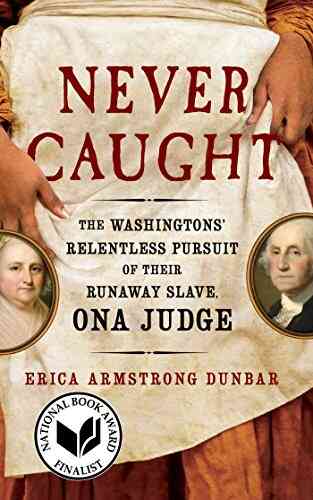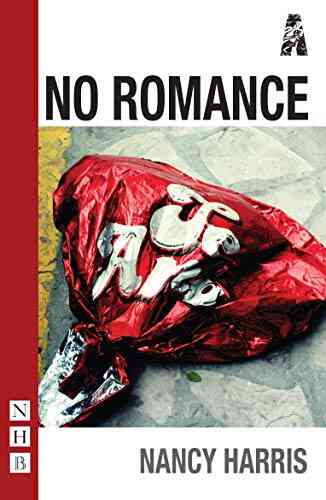The story of Ona Judge, a young slave who successfully escaped from the Washington household, is a testament to the struggles faced by many enslaved individuals during the early years of the United States. Born into bondage, Ona Judge served as a maid to Martha Washington and eventually began working directly under George Washington himself. However, her desire for freedom led her to take an unthinkable risk.
The Escape
In May 1796, Ona Judge made a daring escape from the President's House in Philadelphia. Washington's presidential term was coming to an end, and he planned to return to his plantation in Virginia along with all his slaves, including Ona. Fearing a life of continued servitude, Judge decided to seize her opportunity and ran away.
With the help of free black individuals in Philadelphia's close-knit abolitionist community, Ona Judge managed to evade capture. She eventually settled in New Hampshire, a state with laws that granted freedom to any slave who resided there for six months. This newfound freedom allowed Judge to start a new life, but it also sparked the Washingtons' relentless pursuit.
4.5 out of 5
| Language | : | English |
| File size | : | 29878 KB |
| Text-to-Speech | : | Enabled |
| Screen Reader | : | Supported |
| Enhanced typesetting | : | Enabled |
| X-Ray | : | Enabled |
| Word Wise | : | Enabled |
| Print length | : | 273 pages |
The Washingtons' Response
George Washington, who was known as the "Father of His Country," could not tolerate the loss of one of his enslaved individuals. His relentless pursuit of Ona Judge displayed the stark contrast between his public image and his personal actions.
Washington employed various strategies to recapture Ona Judge. He first sent an emissary to Philadelphia, hoping to persuade Ona to return voluntarily. However, Judge refused, determined to live as a free woman. Undeterred, Washington turned to legal methods and sent a letter to John Langdon, the governor of New Hampshire, requesting assistance in recovering his "property."
The case sparked a legal and moral debate, as New Hampshire's laws protecting enslaved individuals clashed with Washington's insistence on recapturing Judge. The governor refused to honor Washington's demands, arguing that Judge was now legally free and therefore not considered property. This setback only fueled Washington's determination to regain control over Judge.
Ona's Life in Freedom
While Washington continued his pursuit, Ona Judge managed to build a life for herself in New Hampshire. She married a free black sailor named Jack Staines and had three children. Despite the hardships she faced as a fugitive, Judge never expressed regret for her decision to escape.
Ona Judge's story serves as a powerful reminder of the resilience and bravery of enslaved individuals in their quest for freedom. Despite the risks involved, Judge was willing to face the wrath of the most powerful man in the nation to secure her liberty.
Legacy
Ona Judge's life as a fugitive slave highlights the complexities of the early American experience. Her story sheds light on the contradictions inherent in the founding fathers' commitment to liberty while simultaneously owning human beings as property.
The pursuit and defiance of Ona Judge demonstrate the harsh realities faced by enslaved individuals and the lengths they were willing to go to achieve liberation. Her legacy serves as a lasting testament to the resilience and strength of those who fought for their freedom.










































































